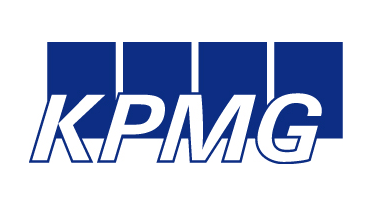The digital advertising market in India grew by 39% to Rs 3,000 crore, or about $600 mln, in 2013, and would grow by 37% in 2014 to reach Rs 4,120 crore, according to a KPMG FICCI report on the media and entertainment sector in India released today. 
Mobile advertising was a relatively small part of the overall digital advertising market in India, according to the KPMG FICCI report. Mobile advertising comprised only Rs 340 crore, while desktop or PC advertising comprised 2,670 crore during 2013.
However the share of mobile advertising in India would rise to 18.7%, or Rs 1,910 crore, by 2018, the KPMG FICCI report predicted. Overall digital advertising would rise to 10,230 crore by then, while TV advertising would have grown to 25,300 crore by the same year, the report said.
In 2014, mobile advertising would grow to Rs 510 crore, the report predicted.
The emergence of social media was a clear trend in 2013. According to the KPMG FICCI report, Indian companies have increased the share of social media advertising in their overall digital ad budget to 13% last from 10% in 2012.
KPMG said that about 86% of Indian internet users visited social networking sites last year. As a proportion of the total population, social media penetration increased to 10.5% from 7.7% in the previous year.
Social media penetration is expected to reach 17.2% by 2017, said the report.
Gujarat was the state with the highest proportion of users accessing social networks through smartphones. 60% of social networking users logged in through their smartphones in Ahmedabad, compared to 52% in Delhi and 55% in Mumbai.
India is expected to have 93 mln facebook users, just following the US which has 147 mln users. However, India would overtake the US by 2016 as it is adding 2 mln users every month on Facebook.
Online classifieds market was estimated at about Rs 1,800 crore at the end of 2013 and is expected to grow by about 20% per year to Rs 4,500 crore by 2018.
The online matrimony classified market was estimated at Rs 520 crore, and will reach 1,500 crore by 2017, the report said.